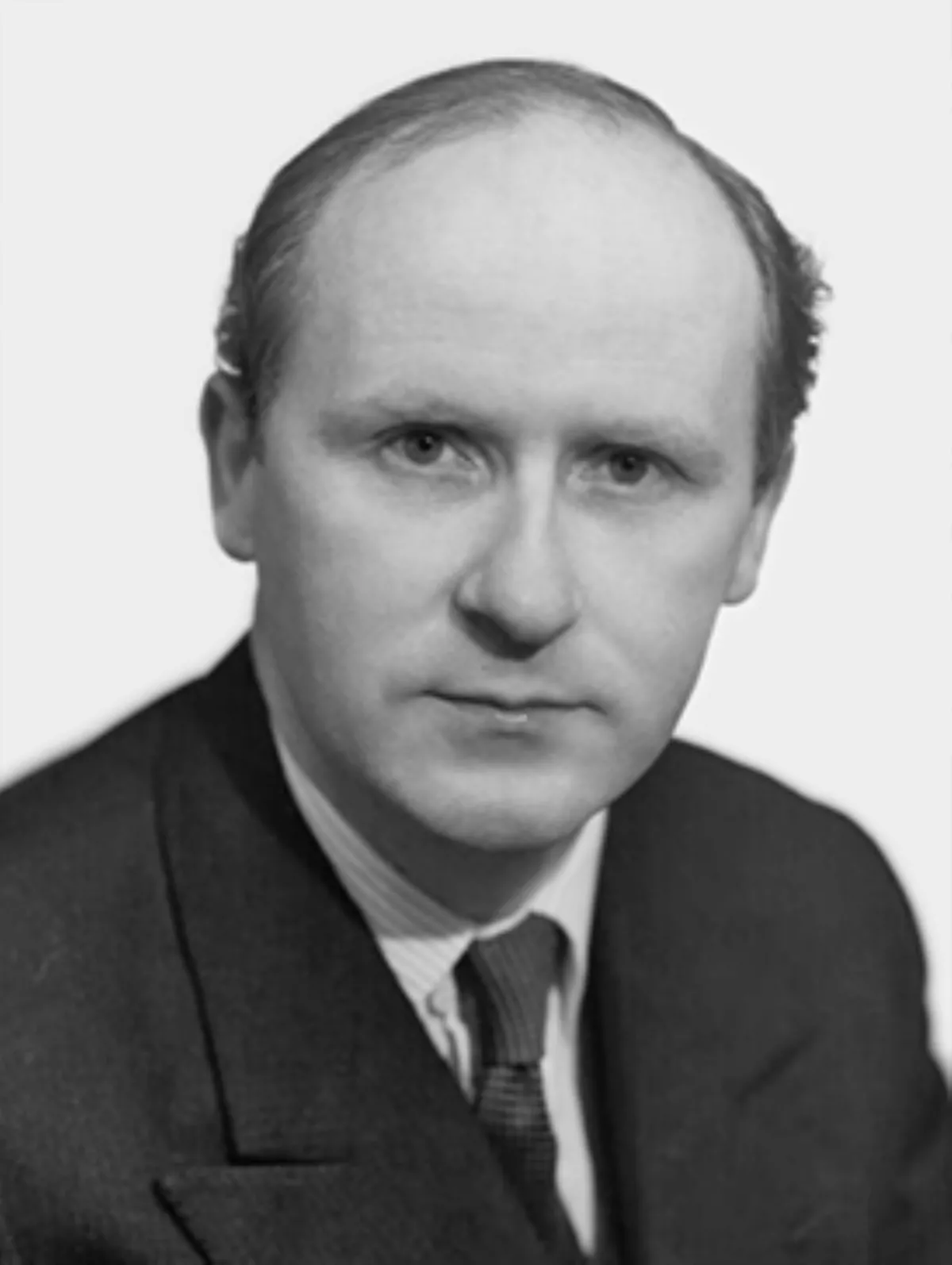 1.
1. Anthony Barber was appointed as Chancellor of the Exchequer by Edward Heath in 1970, and oversaw a major liberalisation of the banking system, replaced purchase tax and Selective Employment Tax with Value Added Tax, and relaxed exchange controls.